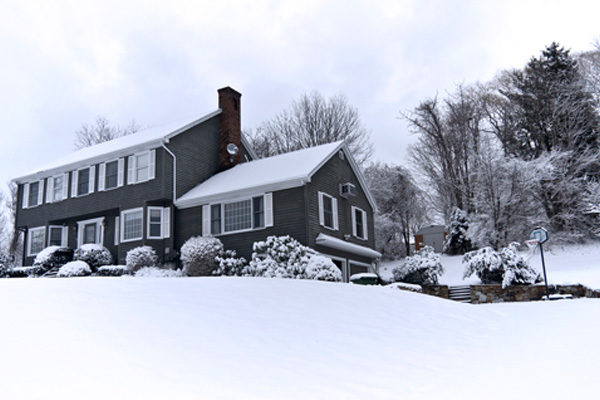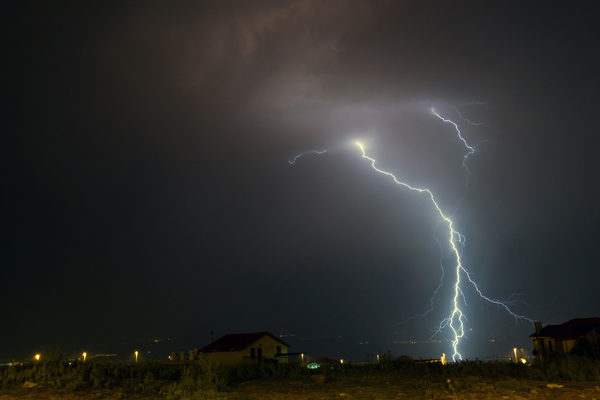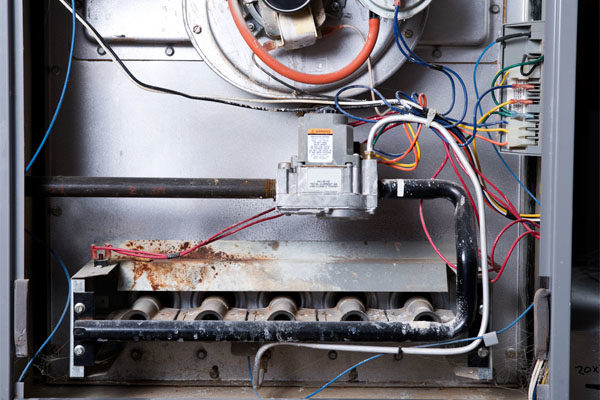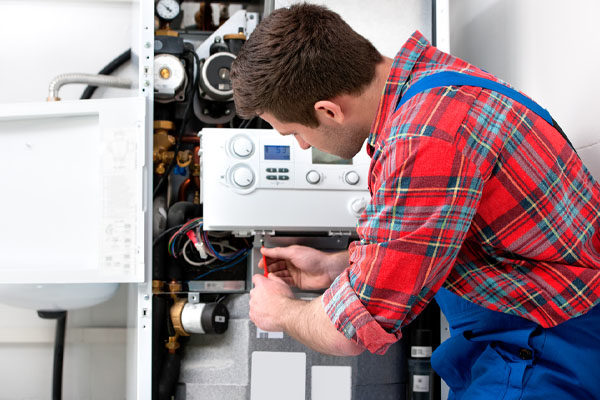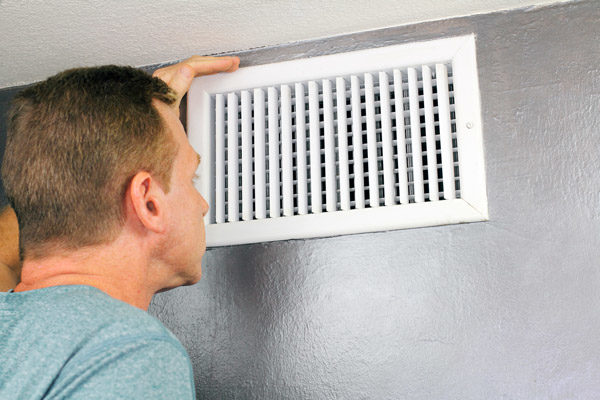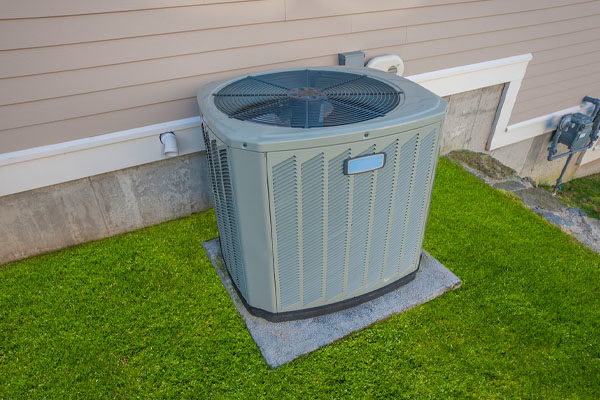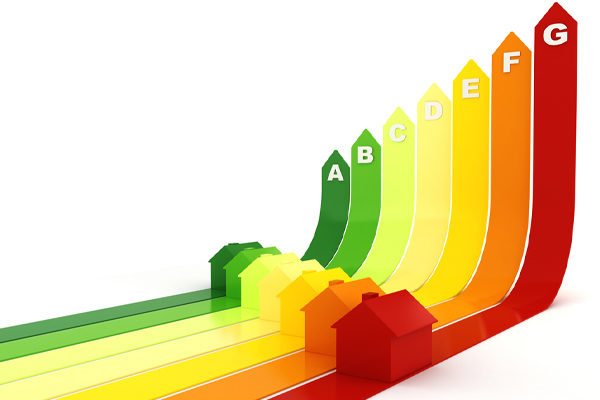The US Department of Energy states that the thermostat should be set at 68 degrees Fahrenheit during the winter. This way, you save energy and also prevent problems like hypothermia... read more →
According to a study carried out by Stanford University researchers, published in the Journal of Geophysical Research Atmospheres, increasingly colder winters are becoming more common in the U.S. and this... read more →
There has been so much progress with access to reliable power. However, even the most modern power grids are not perfect and will falter from time to time. Power failures... read more →
There’s a saying that claims rust never sleeps. This holds true when it comes to your heating system. Rust is most rampant in places that have humid climates. Using your... read more →
Installing a new heating and cooling system can enhance your home life. It can increase energy efficiency, help save you more money than your old system, improve comfort, and maintain... read more →
HVAC systems require proper HVAC airflow to ensure your system’s heating and cooling performance is in tiptop shape. Conditioned air’s movement rate is at around 1,000 cubic feet/minute on average.... read more →
The U.S. Department of Energy highly encourages that you replace your HVAC system every 10 or 15 years. However, if you have a high-quality and well-maintained system, your unit can... read more →
An air-conditioned room should smell normal. This means that there shouldn't be unpleasant, strange, offensive or unusual air conditioner smells. However, if your air conditioner does produce a very distinct... read more →
The SEER rating of an air conditioner is one of the essential factors to look into when facing an air conditioner replacement. It is an indicator of the HVAC system's... read more →
Summer means that our cooling systems are working a lot to keep our homes cool and comfy. However, if you have an old air conditioner, it might not be able... read more →





